We now know that people can and do recover from mental illness, and we know more and more about what treatment approaches work. An evidence-based practice has four key components: it must be a standardized treatment with guidelines or manuals; it must have been studied using a controlled research design; the research studies must have employed a variety of research teams; and, the outcomes must matter to the recipient of the care. Selection of an evidence-based practice must take into account not only the treatment, but the characteristics of the person and the desired effect. While evidence-based practices are proven, many good practices are still viable and should not be abandoned. In this presentation, Dr. Selleck discusses how a practice becomes evidence-based, what some examples of evidence-based practices are in the mental health field, and the ongoing evolution of mental health care.







